Is 2025 The Best Time To Buy? Maybe? Maybe Not, Let’s Dive In
As we step into 2025, the big question on everyone’s mind is whether it is the right time to jump into the housing market. Interest rates, home prices, and the economy are all shifting and the answers aren’t as simple as "yes" or "no." In this latest article, I’m breaking down what you really need to know before making any moves. Whether you're a first-time buyer or looking to upgrade, here's my take on what the market has in store for you this year.
2025 Chicago Housing Market: What’s in Store & Should You Rent or Buy?
The Chicago housing market in 2025 is shaping up to be a dynamic mix of opportunity and challenge. Here is a quick breakdown of what to expect:
Market Outlook:
Interest Rates: While still relatively high compared to historic lows, mortgage rates are stabilizing. Buyers may face higher monthly payments, but the market is not as volatile as it once was.
Home Prices: Home prices in Chicago are projected to experience moderate growth. Neighborhoods like Logan Square, West Loop, and Hyde Park; along with the North Shore and Northwest suburbs could see more competition, while some outlying areas may offer more affordable options.
Inventory: Inventory is expected to remain tight, especially in the city's most desirable areas. However, more new developments are coming online, which could provide relief in the coming months. There are quite a few great starter investment properties available for $200K and under. These are great options for young adults and those looking to start building their real estate investment portfolio.
Economic Factors: The Chicago job market is strong, with tech, healthcare, and finance sectors continuing to grow. A steady job market can make securing financing easier for potential buyers.
Read more below to learn more about renting vs. buying.
Renting vs. Buying in Chicago:
Renting:
Pros:
Flexibility: Renting allows you to easily move if your job or lifestyle changes, especially with Chicago’s vibrant, ever-changing neighborhoods.
Lower Upfront Costs: Typically no need for a down payment or closing costs. Although this is changing quite a bit. More and more rentals are requiring higher move-in fees and non-refundable deposits, etc. I will be going over this in an upcoming post.
No Maintenance Worries: Landlords are responsible for repairs and maintenance, so you won’t have to deal with unexpected costs.
Cons:
Building Equity: Rent payments don’t contribute to long-term wealth-building. You are paying for someone else’s property. So no matter what you are paying a mortgage and property taxes, you are just paying for someone else’s and not building your equity.
Rent Hikes: In a competitive market, rents could increase, especially in popular areas. We have seen quite a rise in rental prices that are looking a lot more like monthly mortgage payments.
Limited Control: You may have restrictions on renovations or personalizing your space.
Buying:
Pros:
Equity Growth: Every mortgage payment helps build equity in your property, making it an investment for the future.
Stability: Fixed-rate mortgages offer stability in your monthly payments, and you are not at the mercy of rising rents. You can always refinance if interest rates come down to a more desired rate.
Tax Benefits: Homeowners can take advantage of tax deductions on mortgage interest and property taxes.
Investment Opportunities: There are many benefits to buying versus renting, one of the biggest pros to buying and building a portfolio of property, is being able to bring in passive income through property rentals and re-invest income into additional properties.
Cons:
Higher Upfront Costs: Expect a significant initial investment, including a down payment, closing costs, and potential repairs.
Market Risks: Home values can fluctuate, so there is always a risk of depreciation.
Long-Term Commitment: Buying ties you down for a longer period, which may not be ideal if you are uncertain about staying in one place for long.
So, What’s the Verdict?
If you're in a position to buy and plan to stay in Chicago for the near future, now is still a great time to invest especially as rental prices rise. If you are not sure if you are in a financial place to buy, but are curious, I can help you determine your finances and what closing costs and the current market would look like for your goals.
Depending on your desired location, both rentals and home buying are tight on inventory and are seeing rising prices. While renting offers more flexibility and less financial risk in the short term, buying your first home may offer long-term benefits that provide financial freedom and independence in long-term economic appreciation.
Ultimately, your decision should align with your financial goals and how long you plan to stay in the area.
You can find my FREE Financial & Home Buying/Selling Goal Tracker here!



